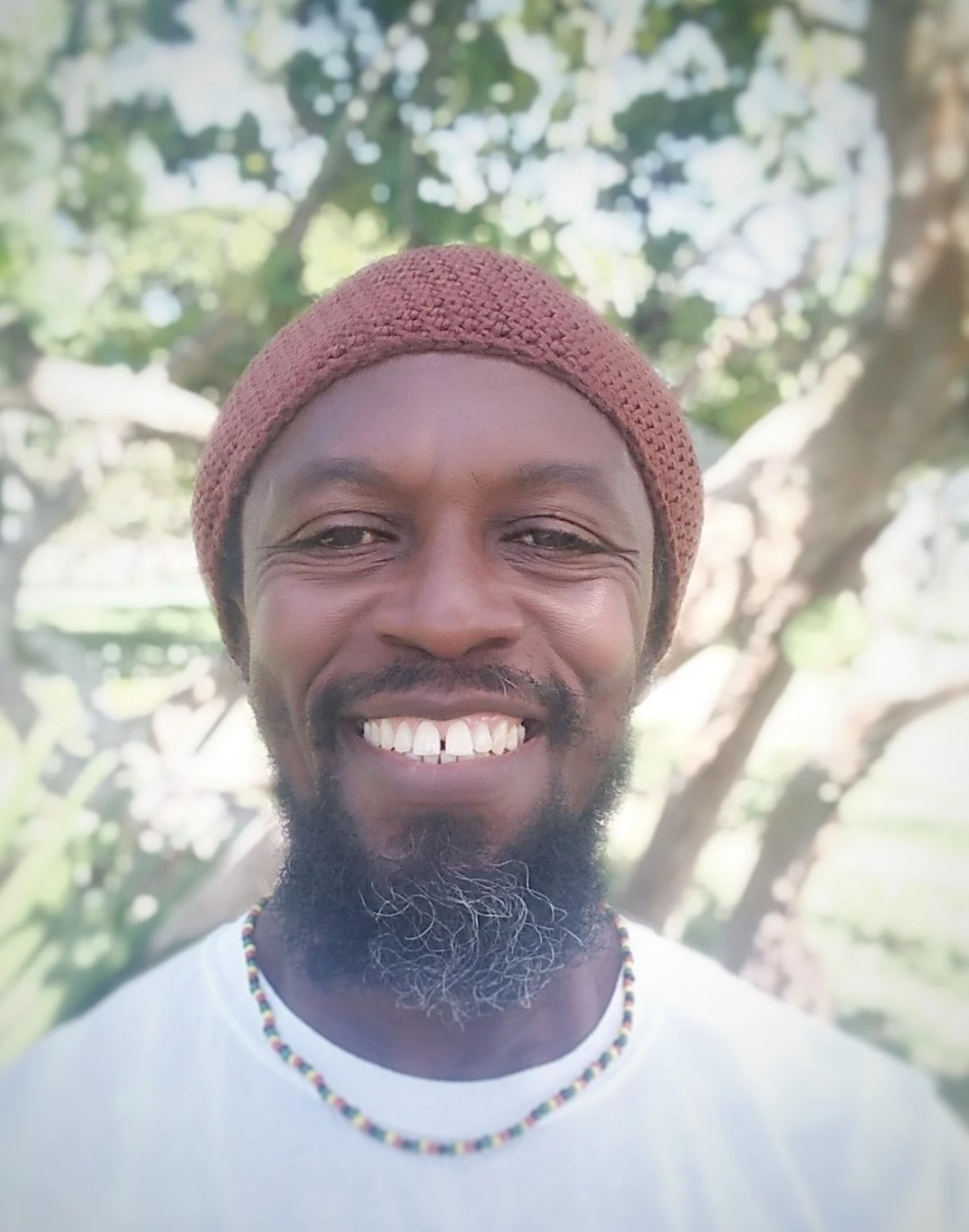Read Poetry About Coffee

Do you love coffee? I know I do. In fact, I can’t start my day without a good cup of java. And what could be better than combining our two loves – coffee and poetry?
Today, we’ll take a look at some poems about the beloved drink. Whether you’re sipping on an espresso or enjoying a nice latte, these poems will make you appreciate coffee even more!
So pull up a chair, relax, and enjoy some poetry about your favorite morning beverage. Cheers!
Affiliate Disclaimer: This content contains affiliate links. When you buy through these links, I may earn an affiliate commission.

The History of Poetry About Coffee
The history of poetry about coffee is a long and storied one. Coffee has been a part of human culture for centuries, and it has inspired poets and writers from all over the world.
One of the earliest pieces of poetry about coffee was written by an Englishman named Henry David Thoreau in 1853. In his poem, Thoreau extols the virtues of coffee, calling it a “divine drink” that is “blessed by heaven.
The Best Poems About Coffee
Poems about coffee offer a unique perspective on this beloved beverage. From freshly brewed cups enjoyed in the morning to rich and creamy cafe lattes, coffee has a long history of inspiring poets. In fact, coffeehouses were once central gathering places for writers and artists.
Today, coffee continues to be a popular muse, with many poets celebrating its ability to give us a much-needed boost of energy. Whether you’re enjoying a cup of coffee at your local cafe or brewing a pot at home, these poems about coffee will add an extra bit of flavor to your day.
Famous Poetry About Coffee
One of the most iconic poems about coffee is “The Love Song of J. Alfred Prufrock” by T.S. Eliot. This poem features a narrator who is struggling with feelings of anxiety and insecurity. He likens himself to a cup of coffee that has grown cold and bitter over time. However, despite his self-doubt, the speaker still takes comfort in the ritual of preparing and enjoying his cup of coffee. For him, this simple act is a reminder that there is beauty in everyday moments.
Another well-known poem about coffee is “Happiness” by Raymond Carver. This poem contrasts the then-exotic
Happiness

So early it’s still almost dark out.
I’m near the window with coffee,
and the usual early morning stuff
that passes for thought.
When I see the boy and his friend
walking up the road
to deliver the newspaper.
They wear caps and sweaters,
and one boy has a bag over his shoulder.
They are so happy
they aren’t saying anything, these boys.
I think if they could, they would take
each other’s arm.
It’s early in the morning,
and they are doing this thing together.
They come on, slowly.
The sky is taking on light,
though the moon still hangs pale over the water.
Such beauty that for a minute
death and ambition, even love,
doesn’t enter into this.
Happiness.
It comes on
unexpectedly.
And goes beyond, really,
any early morning talk about it.
The Time Around Scars

A girl whom I’ve not spoken to
or shared coffee with for several years
writes of an old scar.
On her wrist it sleeps, smooth and white,
the size of a leech.
I gave it to her
brandishing a new Italian penknife.
Look, I said turning,
and blood spat onto her shirt.
My wife has scars like spread raindrops
on knees and ankles,
she talks of broken greenhouse panes
and yet, apart from imagining red feet,
(a nymph out of Chagall)
I bring little to that scene.
We remember the time around scars,
they freeze irrelevant emotions
and divide us from present friends.
I remember this girl’s face,
the widening rise of surprise.
And would she
moving with lover or husband
conceal or flaunt it,
or keep it at her wrist
a mysterious watch.
And this scar I then remember
is a medallion of no emotion.
I would meet you now
and I would wish this scar
to have been given with
all the love
that never occurred between us.
The Love Song of J. Alfred Prufrock

Let us go then, you and I,
When the evening is spread out against the sky
Like a patient etherized upon a table;
Let us go, through certain half-deserted streets,
The muttering retreats
Of restless nights in one-night cheap hotels
And sawdust restaurants with oyster-shells:
Streets that follow like a tedious argument
Of insidious intent
To lead you to an overwhelming question…
Oh, do not ask, “What is it?”
Let us go and make our visit.
In the room the women come and go
Talking of Michelangelo.
The yellow fog that rubs its back upon the window-panes,
The yellow smoke that rubs its muzzle on the window-panes
Licked its tongue into the corners of the evening,
Lingered upon the pools that stand in drains,
Let fall upon its back the soot that falls from chimneys,
Slipped by the terrace, made a sudden leap,
And seeing that it was a soft October night,
Curled once about the house, and fell asleep.
And indeed there will be time
For the yellow smoke that slides along the street,
Rubbing its back upon the window-panes;
There will be time, there will be time
To prepare a face to meet the faces that you meet;
There will be time to murder and create,
And time for all the works and days of hands
That lift and drop a question on your plate;
Time for you and time for me,
And time yet for a hundred indecisions,
And for a hundred visions and revisions,
Before the taking of a toast and tea.
In the room the women come and go
Talking of Michelangelo.
And indeed there will be time
To wonder, “Do I dare?” and, “Do I dare?”
Time to turn back and descend the stair,
With a bald spot in the middle of my hair—
[They will say: “How his hair is growing thin!”]
My morning coat, my collar mounting firmly to the chin,
My necktie rich and modest, but asserted by a simple pin—
[They will say: “But how his arms and legs are thin!”]
Do I dare
Disturb the universe?
In a minute there is time
For decisions and revisions which a minute will reverse.
For I have known them all already, known them all—
Have known the evenings, mornings, afternoons,
I have measured out my life with coffee spoons;
I know the voices dying with a dying fall
Beneath the music from a farther room.
So how should I presume?
And I have known the eyes already, known them all—
The eyes that fix you in a formulated phrase,
And when I am formulated, sprawling on a pin,
When I am pinned and wriggling on the wall,
Then how should I begin
To spit out all the butt-ends of my days and ways?
And how should I presume?
And I have known the arms already, known them all—
Arms that are braceleted and white and bare
[But in the lamplight, downed with light brown hair!]
Is it perfume from a dress
That makes me so digress?
Arms that lie along a table, or wrap about a shawl.
And should I then presume?
And how should I begin?
. . . . .
Shall I say, I have gone at dusk through narrow streets
And watched the smoke that rises from the pipes
Of lonely men in shirt-sleeves, leaning out of windows? …
I should have been a pair of ragged claws
Scuttling across the floors of silent seas.
. . . . .
And the afternoon, the evening, sleeps so peacefully!
Smoothed by long fingers,
Asleep… tired… or it malingers,
Stretched on the floor, here beside you and me.
Should I, after tea and cakes and ices,
Have the strength to force the moment to its crisis?
But though I have wept and fasted, wept and prayed,
Though I have seen my head [grown slightly bald] brought in upon a platter,
I am no prophet—and here’s no great matter;
I have seen the moment of my greatness flicker,
And I have seen the eternal Footman hold my coat, and snicker,
And in short, I was afraid.
And would it have been worth it, after all,
After the cups, the marmalade, the tea,
Among the porcelain, among some talk of you and me,
Would it have been worth while,
To have bitten off the matter with a smile,
To have squeezed the universe into a ball
To roll it toward some overwhelming question,
To say: “I am Lazarus, come from the dead,
Come back to tell you all, I shall tell you all”—
If one, settling a pillow by her head,
Should say: “That is not what I meant at all.
That is not it, at all.”
And would it have been worth it, after all,
Would it have been worth while,
After the sunsets and the dooryards and the sprinkled streets,
After the novels, after the teacups, after the skirts that trail along the floor—
And this, and so much more?—
It is impossible to say just what I mean!
But as if a magic lantern threw the nerves in patterns on a screen:
Would it have been worth while
If one, settling a pillow or throwing off a shawl,
And turning toward the window, should say:
“That is not it at all,
That is not what I meant, at all.”
. . . . .
No! I am not Prince Hamlet, nor was meant to be;
Am an attendant lord, one that will do
To swell a progress, start a scene or two,
Advise the prince; no doubt, an easy tool,
Deferential, glad to be of use,
Politic, cautious, and meticulous;
Full of high sentence, but a bit obtuse;
At times, indeed, almost ridiculous—
Almost, at times, the Fool.
I grow old… I grow old…
I shall wear the bottoms of my trousers rolled.
Shall I part my hair behind? Do I dare to eat a peach?
I shall wear white flannel trousers, and walk upon the beach.
I have heard the mermaids singing, each to each.
I do not think that they will sing to me.
I have seen them riding seaward on the waves
Combing the white hair of the waves blown back
When the wind blows the water white and black.
We have lingered in the chambers of the sea
By sea-girls wreathed with seaweed red and brown
Till human voices wake us, and we drown.
Contemporary Poetry About Coffee
Coffee is something that can be enjoyed by people of all ages. It is a popular beverage and has been for many years. There are many poems about coffee that were written in the past. Some of the newer poems about coffee are also interesting and worth reading. Here are a few pieces of contemporary poetry about coffee below.
Freshly Brewed Coffee

I love the smell of
Freshly brewed coffee.
Starting my day
With a hot cup of joe
And you near me.
Getting my caffeine fix
To help me get through the day
With your love for me always.
The taste and company are amazing
And I can’t get enough.
I love to sit down and relax
With you and my coffee cup.
This Morning’s Coffee

This morning,
I brewed a cup of coffee.
It was fresh, strong, and
Oh, so sweet.
It was even sweeter
Because I had you next to me.
I sat down to enjoy it
With you by my side,
And we talked about
All the things we planned
To achieve together.
The smell of the coffee
Was so inviting
And it tasted even better
Than it smelled.
We enjoyed every delicious sip
And I silently wished that
The cup would never end.
Creamy Café Latte

She is rich and creamy,
And her temptation grows
With every sip.
A latte is the perfect
Pick-me-up.
At the café,
You get the privilege
To watch the baristas
Work their magic.
Their skills in coffee making
Are a legendary
It’s a thing of beauty to behold.
Latte art is their specialty,
And they always make it
Look effortless and breath-taking.
Creamy café latte
Is the perfect drink
To start your day,
Or perk you up
Your mid-afternoon.
Did you enjoy the poems in this post? Read more in this full collection of poetry about coffee. Click the link below:

One Final Sip
In conclusion, poetry about coffee celebrated how coffee has inspired many people to write poetry. The rich, dark liquid can be used to describe a number of different emotions and situations. Whether you are drinking it to wake up in the morning or to stay awake during the day, coffee is a drink that has a lot of history and culture behind it.
Which one of the poems in poetry about coffee was your favorite? Share in the comments section below.




Leave a Reply